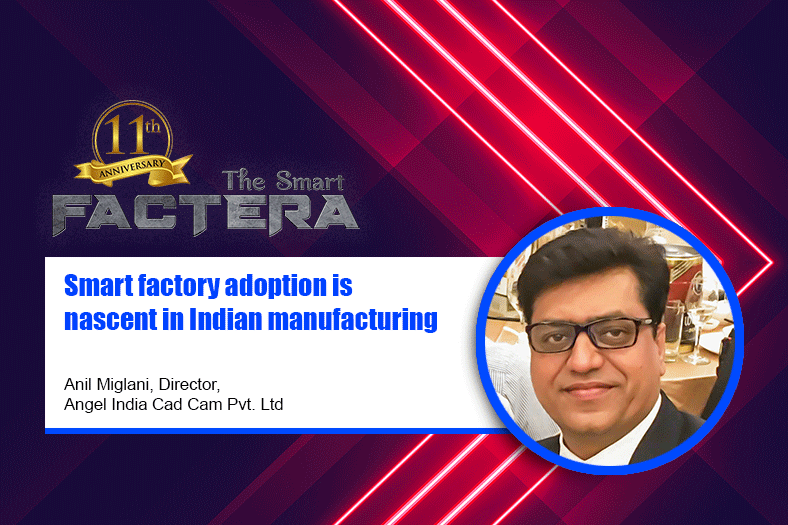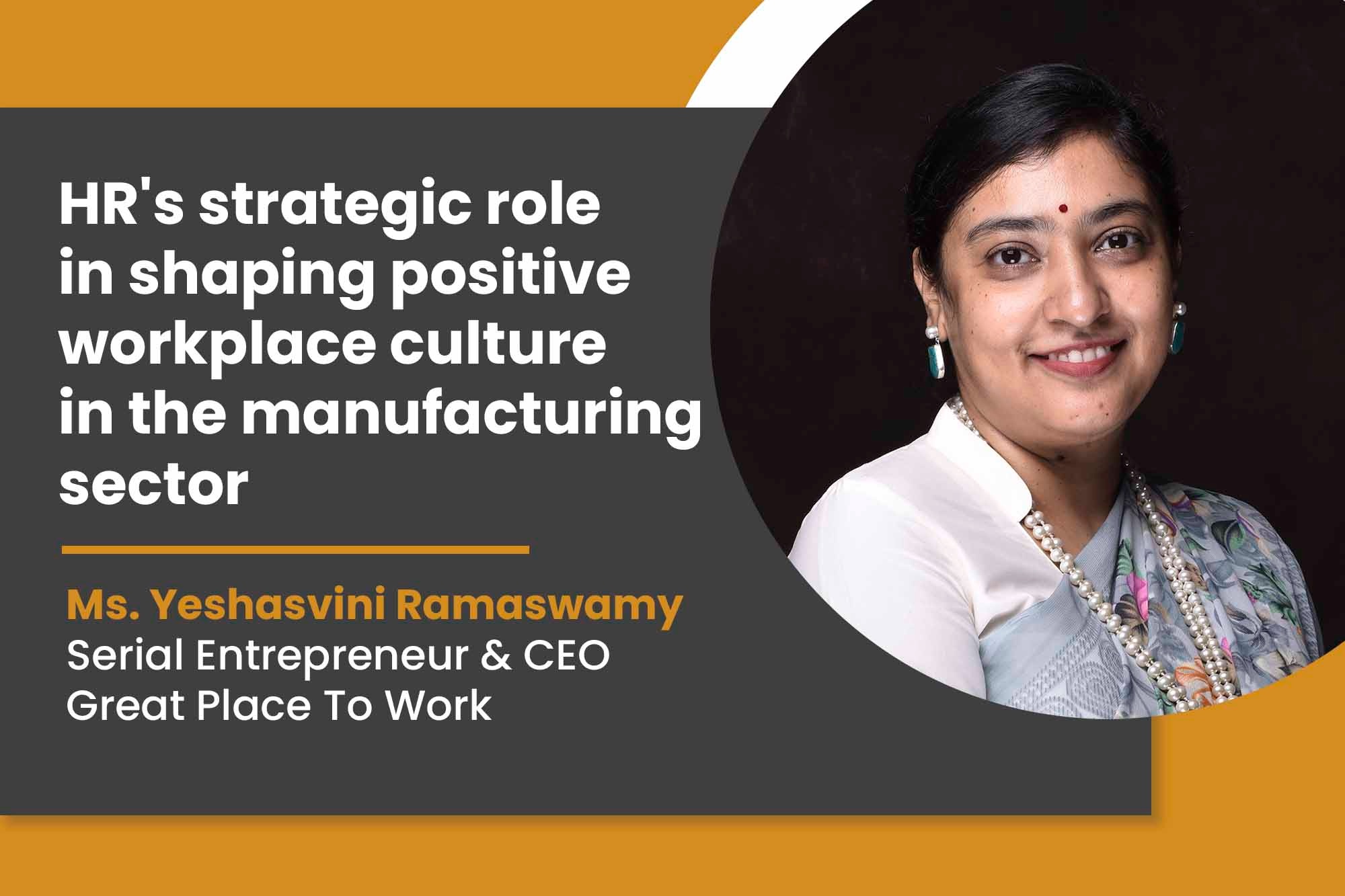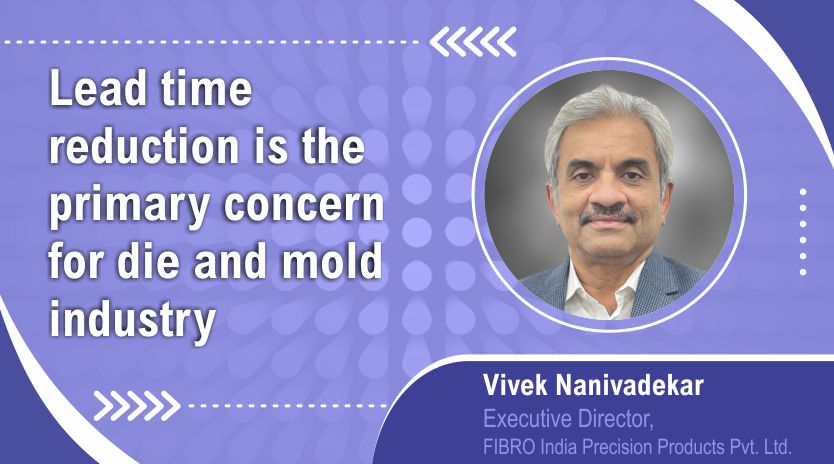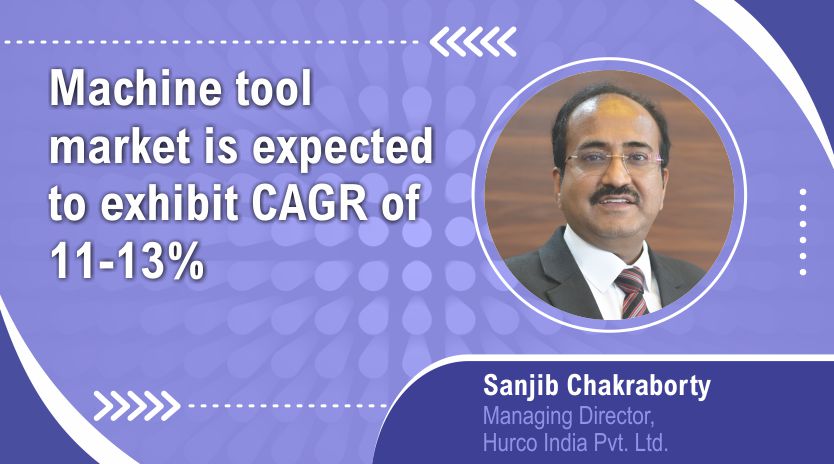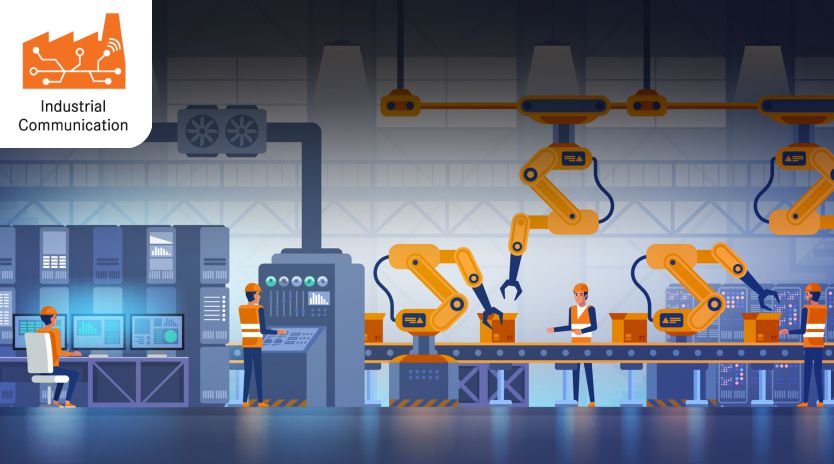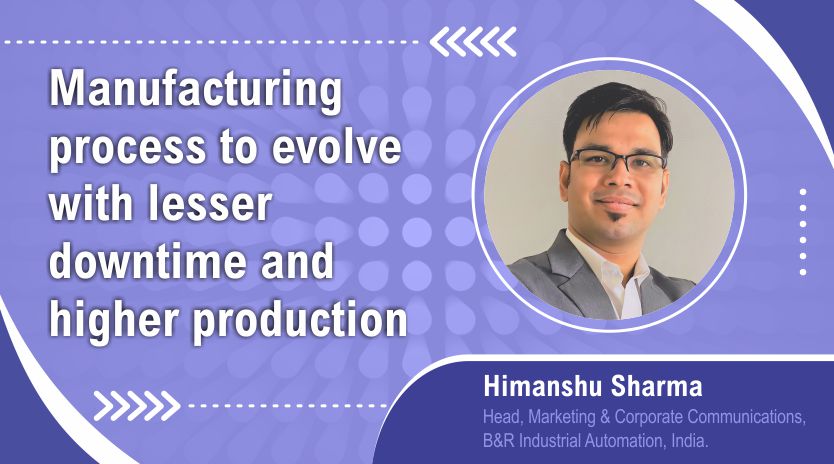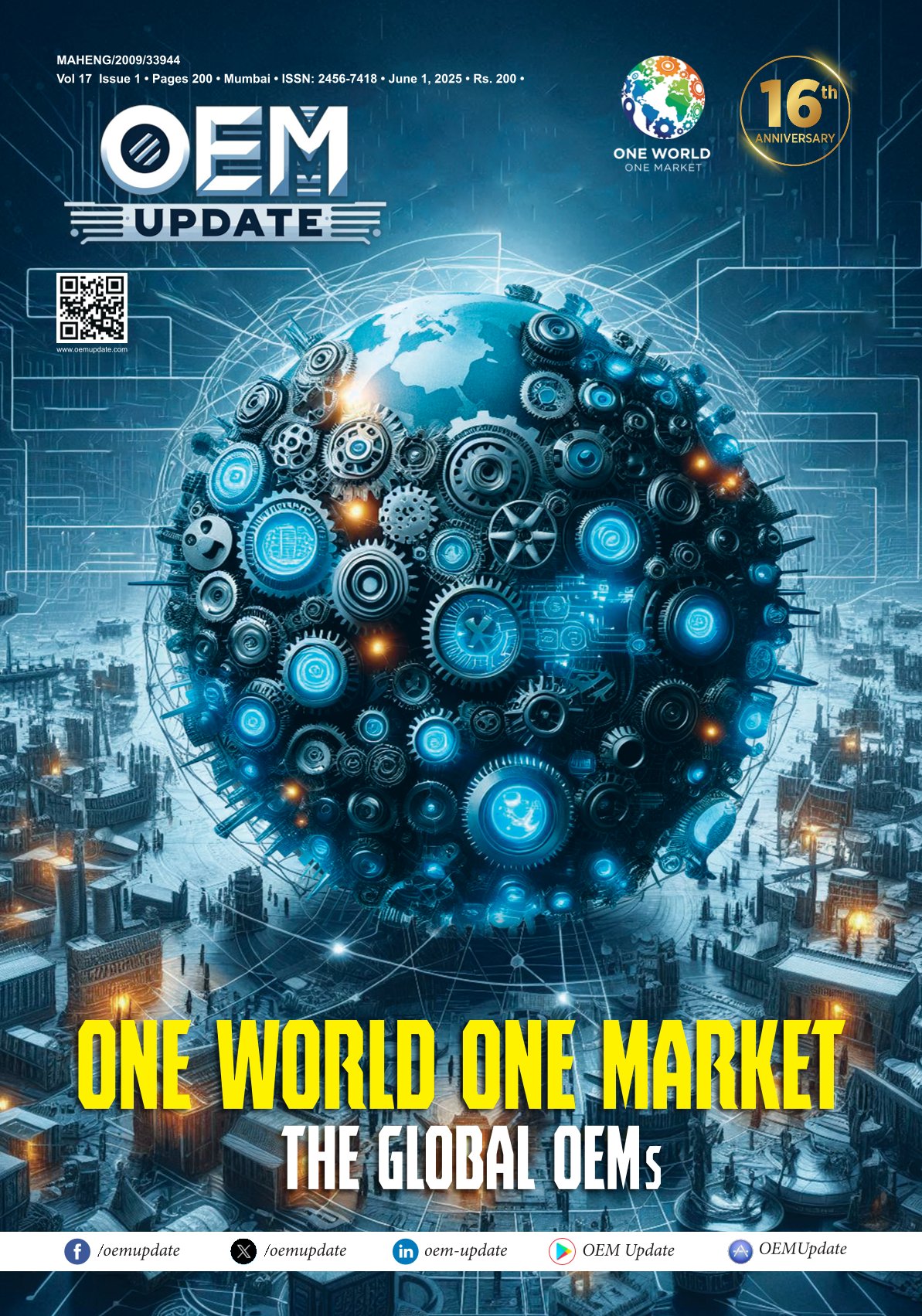Smart factory adoption is nascent in Indian manufacturing
By OEM Update Editorial June 10, 2020 4:43 pm IST
Transformation and transition towards smart factory is a journey rather than implementation of the concept.
Anil Kumar, Director, Angel India Cad Cam Pvt. Ltd. discusses how Indian OEMs are reaping the benefits of modern technological solutions in optimising the move towards the Connected Enterprise, and that big data and robotics will heavily impact trend analysis and future production goals.
How has your company’s journey been in the adoption of smart factories?
Laser is a technology where innovation and smart solutions are the only key for getting better products in the market and smart factories is a concept wherein it involves integration between new technologies and exiting requirements of running a factory. The latest technology machines are well-equipped for smart integrations and interactions, but as a market in India, we are still yet to reach a level where smart factory needs acceptance on a much deeper level.
AICC as a group has been observing the trend of smart factories in the market and its adoption in OEMs and SMEs, and it’s a journey of automating the smallest possible risk factors and turning them in to opportunities. We at AICC Group try our best to provide solutions which are modern, smart yet lucrative and well-equipped with smart factory possibilities. We are innovating and experimenting with smart factory concepts at different levels so that we can exemplify the proof of concepts at different levels for our customers to understand and adopt the same.
What kind of steps do companies, including MSMEs, need to take for the adoption of smart factories?
MSME market is one where there is a huge need for smart concepts in terms of laser technologies, its solutions and implementation of right tools for machine management and production control measures. The smart concepts will not only help them understand the importance of time vs money, but also there will be a realisation in terms of efficiency of a production plant as a whole. A few steps which can be implemented can begin from internal production management systems. Every company has their own targets and vision for their company goals in terms of their businesses. Keeping that in mind, a major shift can come when one adopts technology-based management systems that can provide single-point information of their various parameters, which further can be optimised using smart solutions for MSMEs.
AICC Group has always been promoting robotics and machine learning as one of the core technological transformations in the industry in different forms and ways. Looking at the trend in OEMs, machine learning has a greater role to play for specific information, and big data and robotics play a major role in trend analysis and future production goals. OEMs are actually utilising and reaping the true benefits of new age tech solutions used for optimising the move towards the Connected Enterprise.
What are the challenges faced by OEMs while transitioning towards smart factories?
We have been majorly catering to MSME solutions for various material processing solutions, and OEMs are part of our target portfolio. We have been expanding our reach to OEMs with unique solutions in terms of metal processing and smart factory concepts integrations based on the existing experience. We can definitely share that transformation for every company is a major goal yet to be achieved, the transitions takes time and its benefits can been seen both instantly as well as long terms vision can reap greater benefits in terms of better management systems.
Transformation and transition towards smart factory is a journey rather than implementation of the concept. It brings out a huge change in the core functioning methods of any organisation and helps them to reach their goals with much higher control and better efficiencies.
What kind of technological advancements can we expect with respect to smart manufacturing in the coming years?
It is very difficult to predict how technology is going to change the world of industries as the times are getting tough for markets. The pandemic hit has created a void with a sentiment of fear, anxiety, and market flow. It is going to take some time to come out with a clearer path to move forward with solid benchmarks as at this time every organisation is undergoing strategy workshops in order to work smoothly in future and stabilise the losses they have incurred.
Technology as a whole is in existence due to its core functionality of localised control features, but what and how things will shape in coming years is difficult to comment on as of now.
Cookie Consent
We use cookies to personalize your experience. By continuing to visit this website you agree to our Terms & Conditions, Privacy Policy and Cookie Policy.



